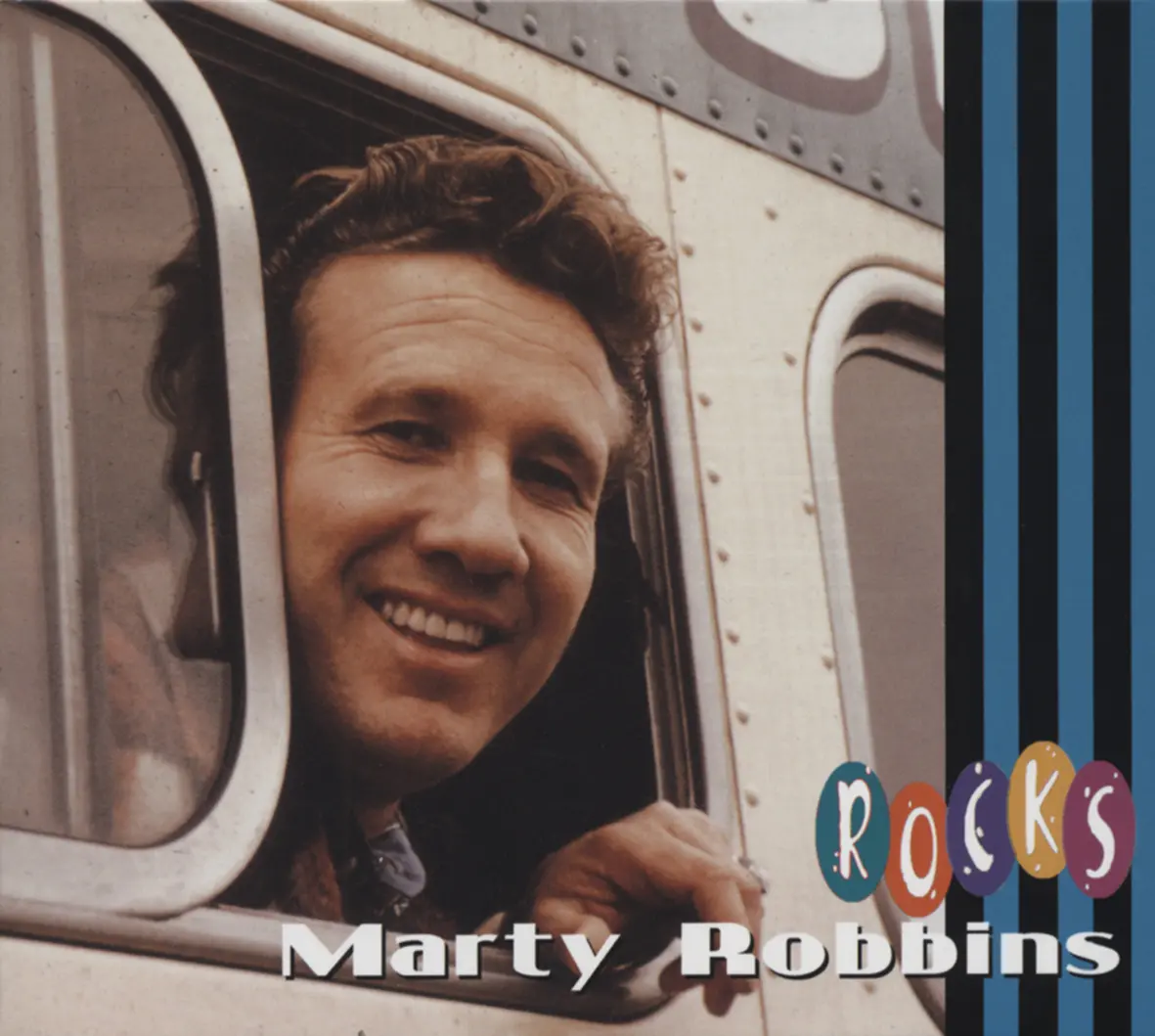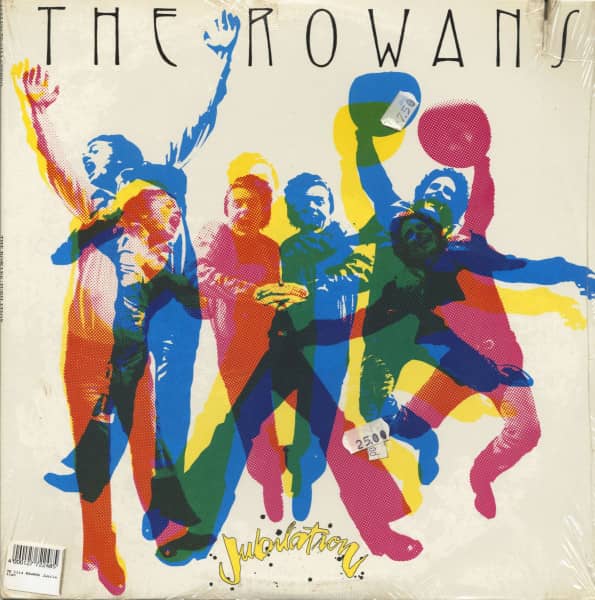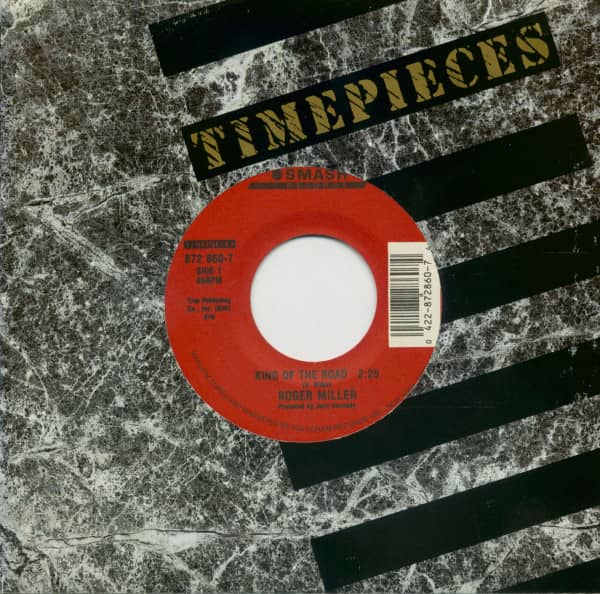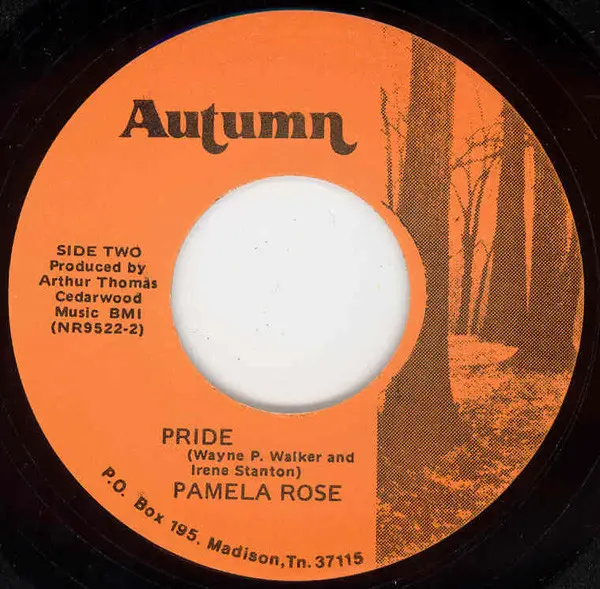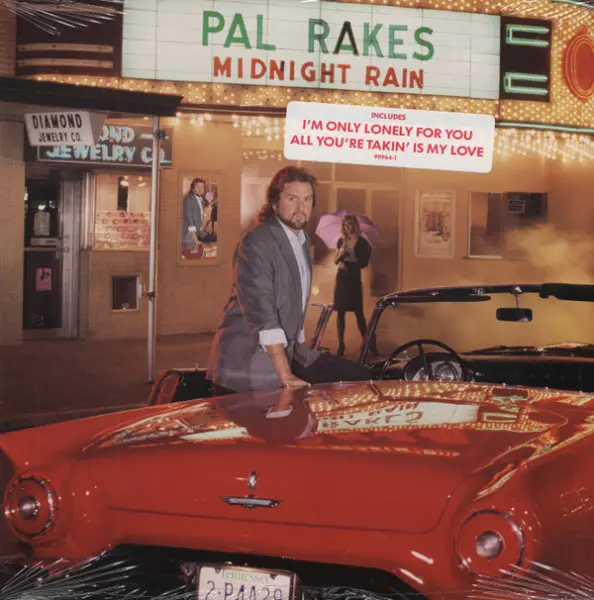Marty Robbins Just Me And My Guitar (LP)
* incl. VAT / plus shipping costsDepending on the country of delivery, the VAT at checkout may vary.
Ready to ship today,
delivery time** appr. 1-3 workdays
- catalog number: BFX15119
- weight in Kg 0.21

Ready to ship today, delivery time** appr. 1-3 workdays

Ready to ship today, delivery time** appr. 1-3 workdays

Ready to ship today, delivery time** appr. 1-3 workdays
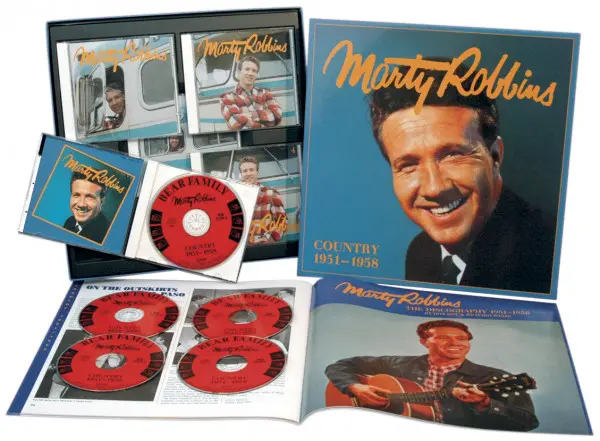
Item has to be restocked
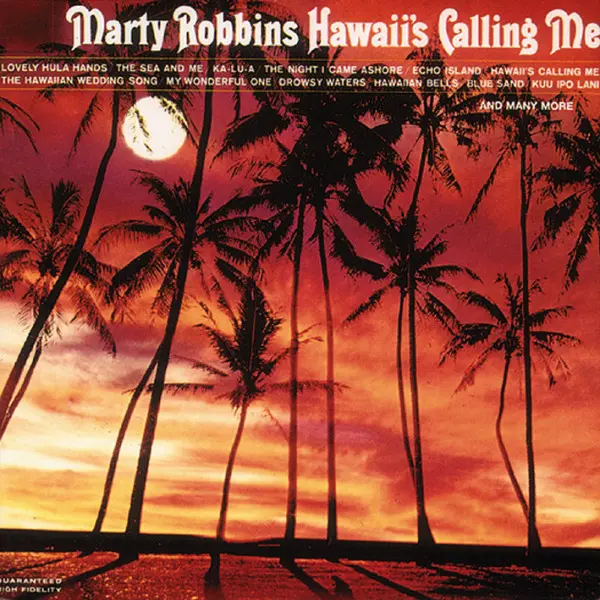
Ready to ship today, delivery time** appr. 1-3 workdays









